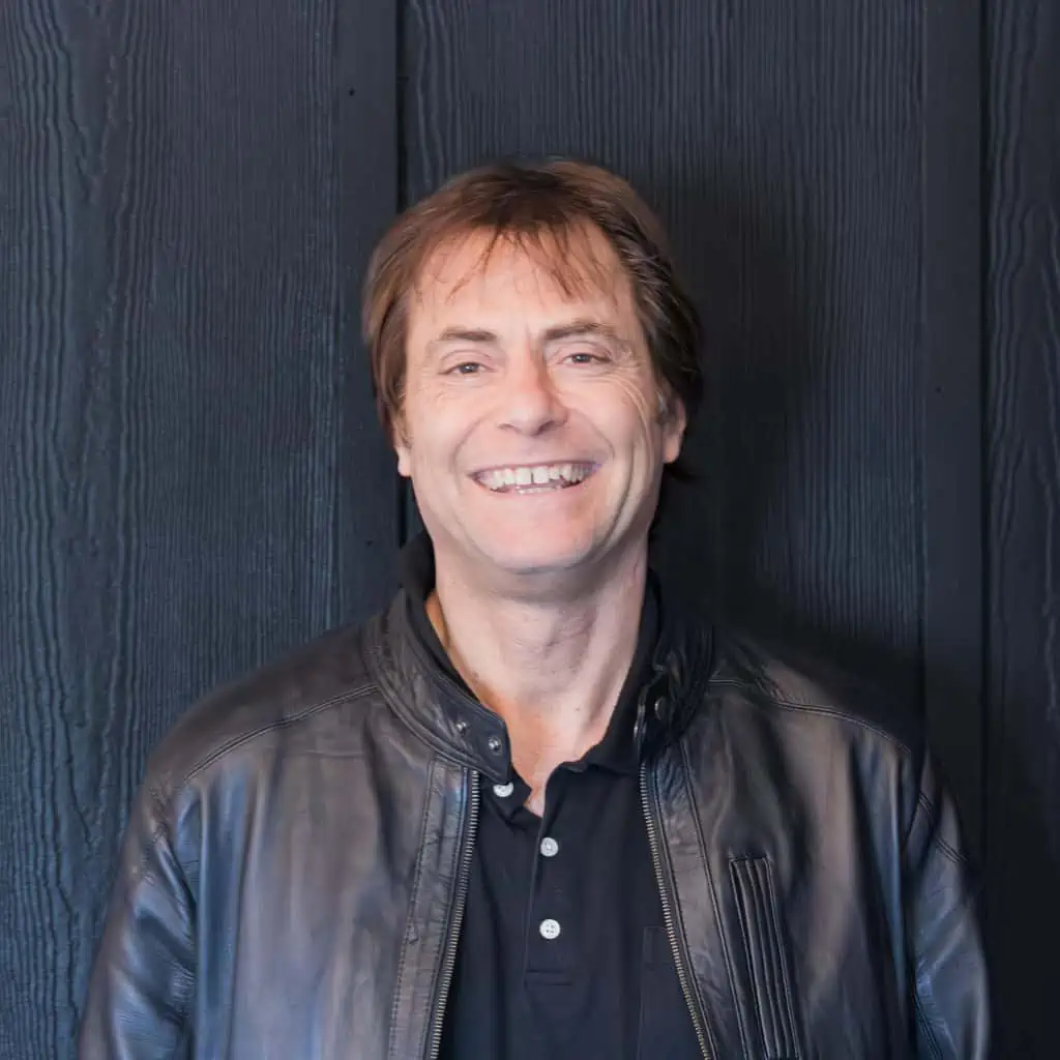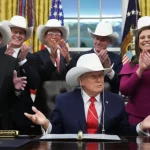
One of the leading critics of artificial intelligence brought on to advise Congress on guardrails for the technology said that lawmakers are not acting fast enough to handle the existential risks it poses.
Max Tegmark, one of 23 experts asked to testify at Senate Majority Leader Chuck Schumer’s second AI Insight Forum, came to Capitol Hill on Tuesday to address Senate members and staffers about the unique advantages and threats that AI presents to America. Tegmark is a professor at MIT and the founder of the Future of Life Institute, a nonprofit organization dedicated to addressing existential risks to humanity, including that of AI. The professor said he was grateful to see a bipartisan spirit reflected in the AI Insight Forum but that Congress is failing to do enough to address threats.
BIDEN SIGNALS DESIRE TO WORK WITH NEW SPEAKER WHILE CAMPAIGN UNDERCUTS HIM AS ‘EXTREME’
“It’s not enough to talk the talk; [Congress] needs to walk the walk and pass the laws,” Tegmark told the Washington Examiner.

Tegmark argued that there are two forms of AI to regulate. The first is “commercial AI,” which consists of products such as ChatGPT and the AI driving military weapons.
The second is “superintelligence,” which are the products that Tegmark said are “playing God” and that “make humans completely obsolete.” The latter technology is the one that Tegmark is the most concerned about since it is the one that could theoretically out-think humanity.
Superintelligence exists only as a theoretical concept, but it is something that has informed the priorities of lawmakers around the world. British Prime Minister Rishi Sunak referred to the threat of “superintelligent” AI during his meeting with the heads of the AI companies OpenAI and DeepMind. President Joe Biden recounted an Oval Office meeting discussing whether AI could “overtake human thinking and planning.” The subject has also been featured in congressional hearings and even a meeting of the United Nations Security Council. While the premise of an AI becoming smarter than humans may seem like science fiction, Tegmark said he is convinced that it could occur within the next three years.
Tegmark said that he attempted to bring up the subject of superintelligence during the forum, but one of his fellow speakers recommended that they not address it at the event.
Tegmark also noted the efforts of pro-AI lobbyists who have attempted to control the state of AI regulations by focusing on China. China’s leader, Xi Jinping, emphasized the country’s commitment to “intelligent warfare,” notably in his 2022 report to the 20th Party Congress. China’s State Council also promised in 2017 to make China the leading AI power by 2030 and has taken several significant steps toward getting ahead of the U.S. Tegmark said that while he worries about China using the technology to attack either Taiwan or the U.S., he believes equal concern is warranted about the development of superintelligence in the U.S.
The 56-year-old Future of Life Institute founder is best known for publishing a letter in March signed by Elon Musk and hundreds of other technologists requesting a delay in the training of AI for six months.
When asked how Congress can approach the topic, Tegmark argued that it would be best to follow the regulations that were set in the past for biotechnology. One such measure would be the creation of a new agency to set safety standards for AI. Another would be requiring the companies to prove that their products are safe through audits and quantitative analysis.
The Tuesday Insight Forum featured AI boosters and skeptics alike. The experts included Andreessen Horowitz CEO Marc Andreessen, Micron Executive Vice President Manish Bhatia, Revolution CEO Steve Case, Stripe CEO Patrick Collison, and Cohere CEO Aidan Gomez. The event’s focus was on “transformative innovation” and how to ensure the U.S. stayed ahead of China and guaranteed product safety.
CLICK HERE TO READ MORE FROM THE WASHINGTON EXAMINER
Other attendees were more comfortable with the results of the event. The event hosted a “really robust conversation,” Alexandra Reeve Givens, the CEO of the Center for Democracy & Technology, told VentureBeat. Suresh Venkatasubramanian, a former White House policy adviser and a professor at Brown University, described the vibe as “positive” but added that he wished more time was discussed on the specifics of frameworks.
The AI Insight Forums are organized by Schumer (D-NY) alongside Sens. Mike Rounds (R-SD), Martin Heinrich (D-NM), and Todd Young (R-IN). The first event was more of an overview of what needed to be done about AI and featured Musk, Meta CEO Mark Zuckerberg, and Microsoft CEO Satya Nadella at a daylong event. Schumer announced Thursday that the following two events are scheduled for Nov. 1 and will focus on jobs and “high impact” industries.





